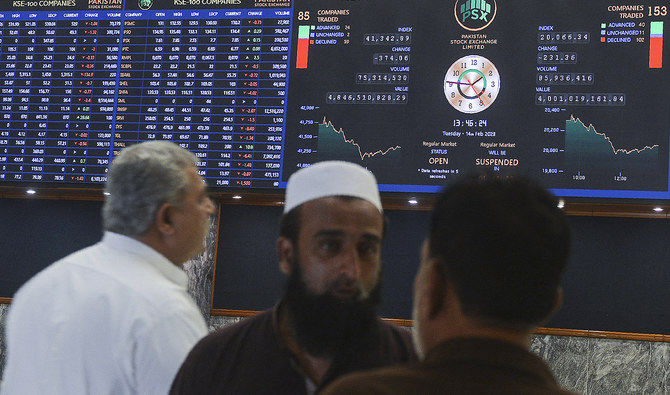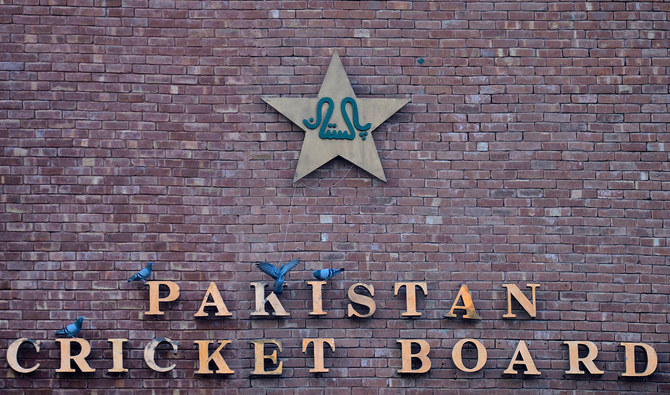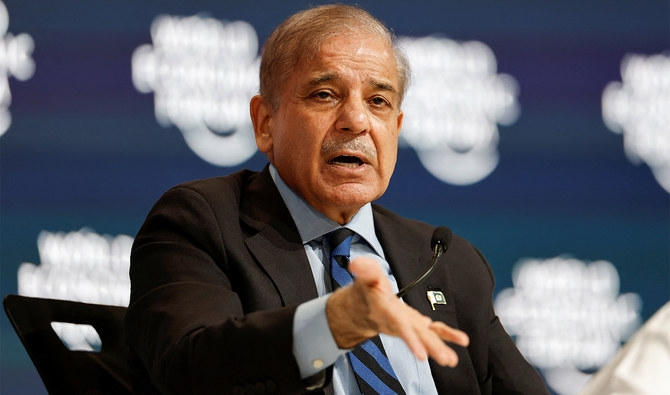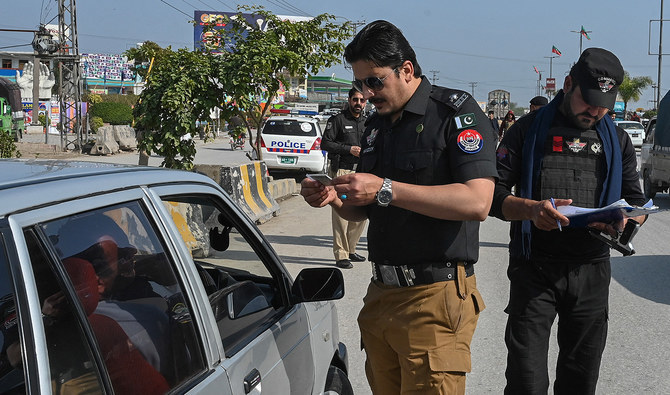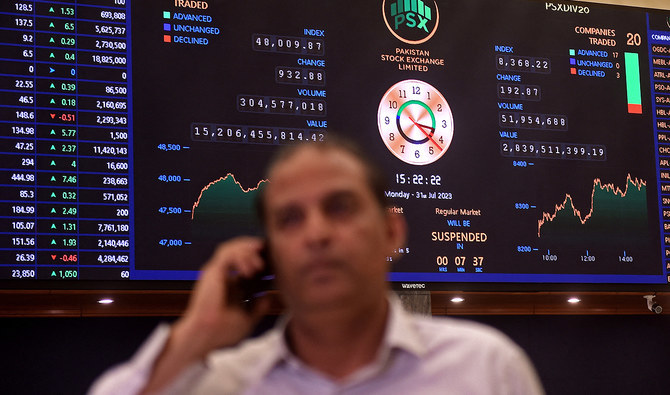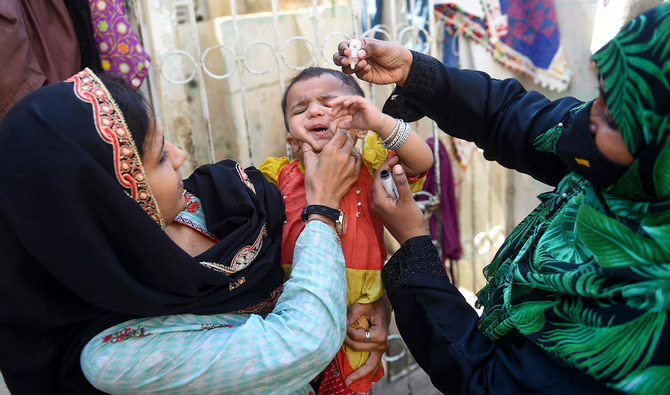KARACHI: Pakistan’s business community has termed the recent interest rate hike the worst in the country’s history, saying the three-percent increase in the policy rate along with massive currency depreciation may lead to the closure of already suffering industries.
The country’s central bank on Thursday raised the key interest rate by 300 basis points (bps) to implement yet another economic condition imposed by the International Monetary Fund (IMF) to unlock a stalled $7 billion bailout program and tame skyrocketing inflation that hit 31.5 percent in February.
Following the most recent hike by the State Bank of Pakistan (SBP), the policy rate now stands at 20 percent, which is the highest since October 1996.
Since changes to the policy rate influence the borrowing and lending costs, local industrialists said banks would now loan money for 22 percent or above, calling it “repressive for economic growth.”
“This is the worst monetary policy in the country’s economic history,” Irfan Iqbal Sheikh, the president of the Federation of Pakistan Chambers of Commerce and Industry (FPCCI), said in a statement on Friday.
“It will bring the economic, trade, investment, and commercial activities to a standstill – a doomsday scenario for the business, industry, and trade community of Pakistan.”
Sheikh pointed out Pakistan was now ranked as one of the lowest on access to finance and cost of doing business indices in almost the entire region.
“Instead of consulting the business community, the government has continued its tradition of consultation-less policymaking, thus ignoring the real stakeholders of the economy,” he continued.
Pakistan has been grappling with low foreign exchange reserves amid lingering talks with the IMF since last November. The situation has forced the government to resort to restrictive measures, including slow clearance of import cargoes, to stop the outflow of dollars.
The limited clearance of goods, particularly industrial raw materials, has created a huge shortage of stocks at the manufacturing facilities. Industrialists say many of their units have scaled down operations or decided to end production.
“The consequences [of an interest rate hike] are horrible and I am telling you this will pace up the closure of industries, as many spinning units, tractor and car manufacturers have [already] shut down production,” Sheikh separately told Arab News this week.
Zafar Mehmood, senior vice-president of the Lahore Chamber of Commerce and Industry (LCCI), voiced similar concerns while wondering “who can do business at this rate.”
“Working at this interest rate is not only difficult but impossible as industries are closing down and this will lead to social unrest,” he told Arab News, adding that 30 percent of industries had already been shut down.
Mehmood said the situation was further complicated by the massive depreciation of the national currency.
The Pakistani rupee closed the weekend trading session at Rs278.46 against the US dollar, after hitting an all-time high of Rs290.18 on Thursday and losing its value by 18.69 percent since January.
President of the Karachi Chamber of Commerce and Industry (KCCI) Tariq Yousuf also decried the policy rate hike, saying “it will discourage borrowing.”
“Businesses are not even in a position to make 25 percent profit these days under the prevailing situation,” he said. “Who will go for borrowing at such exorbitant rates?”
As the central bank uses the monetary-policy tool to control inflation, industrialists in Pakistan say inflation continued to surge despite the interest rate hike in the past.
“Inflation in Pakistan appears more entrenched which mainly stems from substantial exchange rate depreciation, unprecedented hike in international commodity prices, multiple rounds of hikes in energy tariffs, and other prescribed measures under the IMF program,” said the FPCCI in a letter addressed to the State Bank of Pakistan governor ahead of the monetary policy committee meeting.
“Despite the episodic hike in the policy rates by 725 bps from 9.75% to 17% between January 2022 and January 2023, general inflation surged from 13% to 27.6% over the same period,” the letter added.
The FPCCI said the current policy rate was well above Pakistan’s regional peers, including China, India, and Bangladesh, where it stood at 2.75, 6.5 and 6 percent, respectively.
Independent financial experts also agreed with the industrialists, saying the rate hike was going to prove detrimental to the interest of local industries.
“The unprecedented hike in the policy rate to meet the IMF demand and counter headline inflation is detrimental for the already struggling industries and businesses,” Dr. Ikram ul Haq, a senior financial expert, said.
He added: “Additionally, this historic high rate will not arrest the skyrocketing prices which are due to cost-push inflation, causing unheard of economic hardships for the masses.”
Haq said the policy rate hike would lead to enormous non-performing loans, creating serious problems for the otherwise profitable banking sector.
“Businesses will find it almost impossible to avail new credit and those already availing to service it,” he said.
Meanwhile, the central bank has hinted that inflation will rise further in the next few months with the average inflation this year expected to be in the range of 27 to 29 percent against November 2022’s projection of 21 to 23 percent.



